A piece of recently-identified iOS malware, known as YiSpecter, is not a major threat despite its ability to attack both jailbroken and factory stock devices, Apple said on Monday.
"This issue only impacts users on older versions of iOS who have also downloaded malware from untrusted sources," a representative explained to The Loop. "We addressed this specific issue in iOS 8.4 and we have also blocked the identified apps that distribute this malware. We encourage customers to stay current with the latest version of iOS for the latest security updates. We also encourage them to only download from trusted sources like the App Store and pay attention to any warnings as they download apps."
Recently, security researchers with Palo Alto Networks described YiSpecter as the first malware in the wild to exploit private APIs in iOS. It has actually been in the wild for over 10 months — mainly impacting people in China and Taiwan — but allegedly escaped detection by most security vendors. China is known to have a large market for pirated apps.
Once YiSpecter is onboard, the code can download, install, and launch apps, or even replace existing software. It can also open pages and change Safari settings, upload device information to a remote server, and flash fullscreen ads when launching an otherwise normal app. The malware will automatically reappear if it's deleted manually.
Apple's statement comes on the heels of the company addressing XcodeGhost, a malware infection that infiltrated the App Store through modified versions of its Xcode development tool. Apple regularly uses the security of iOS and the App Store as a selling point versus Google's Android platform.
 Roger Fingas
Roger Fingas


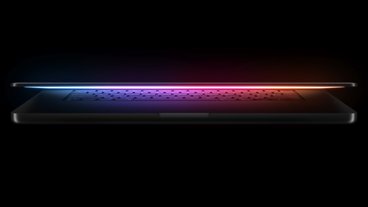

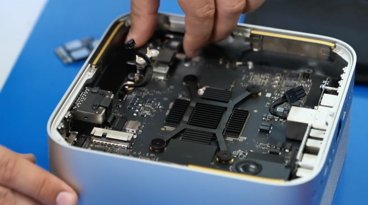


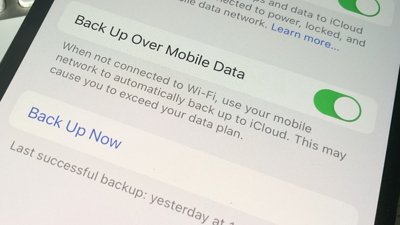
 Malcolm Owen
Malcolm Owen
 Marko Zivkovic
Marko Zivkovic
 Andrew Orr
Andrew Orr

 Christine McKee
Christine McKee
 Andrew O'Hara
Andrew O'Hara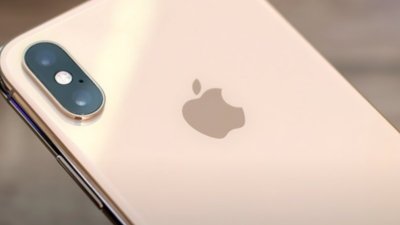

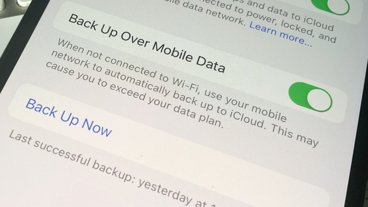








15 Comments
Sadly, Apple's reputation suffers in the minds of idiots who infect themselves by trying to get by on the cheap and complain about it like it's not their fault.
So iOS 8.4 fixed the issue. Nuff said.
"A piece of recently-identified iOS malware, known as [B]Android[/B], is not a major threat despite its ability to attack both jailbroken and factory stock devices." Fixed that for you.
Sadly, Apple's reputation suffers in the minds of idiots who infect themselves by trying to get by on the cheap and complain about it like it's not their fault.
I don't think this really harm's Apple's reputation. Anyone who thought that users don't play a part in a platform's security are too stupid to have an opinion.
I do think we'll continue to see more exploits across all platforms in the future. The toolsets to expose vulnerabilities are multiplying, and it no longer requires as much expertise to attack. If you walk into a keynote at Blackhat with any brand of phone in your pocket and powered on, you'll see your family photos on the big screen.
China. No further comment.